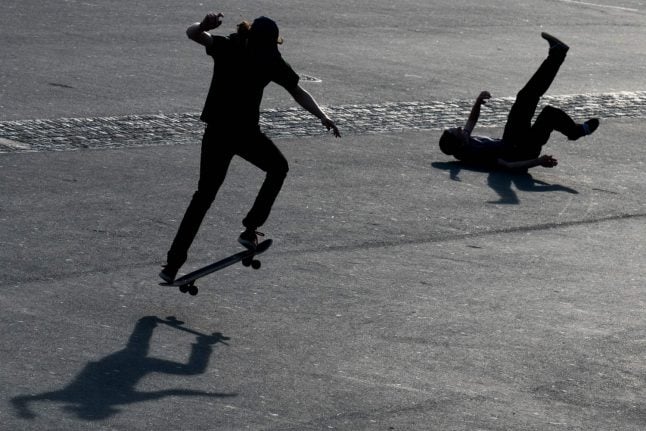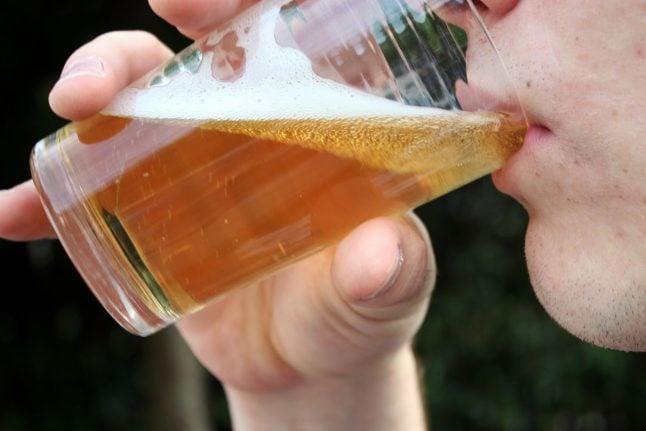The researchers behind the Sinus-Youth Study 2020 noted that “health is an ever more important issue” for German teens.
“Glamour, fun or the fulfilment of consumer desires play a less important role in the lives of participants than they did a few years ago” the study found.
“Instead, 'normal' goals like finishing school, the maintaining friendships and spending time with family seem to be important.
READ ALSO: German teenagers drinking less alcohol: Study
The researchers conducted repeat interviews with 72 teenagers. While the results cannot be considered representative, the depth of the study is unparalleled in German youth research.
Unlike their parents’ generation, the youth of today no longer sees pop stars like David Bowie as their inspiration. “They are much more likely to name someone who they know personally as a major influence.”
Sub-cultures are disappearing, the study notes, as ever more youth aspire to a “mainstream” life built around family, children and a solid but unspectacular job.
Although the 600-page report concludes that “somewhere along the line the concept of fun seems to have been lost,” the word Spaß (fun) is mentioned throughout.
But whereas Spaß once meant hedonism or rebellion, these days it is “Spaß am Lernen” (fun in learning) and “Spaß an der Arbeit” (fun at work) that are the top priorities for many kids.
“Teenagers have an ever more serious and realistic view of the world and its problems,” the study says. “They are concerned – even afraid.”
Top on the list of Weltschmerzen that the German youth are feeling is fear over climate change. They feel that their point of view is not taking seriously enough by older generations, who they see as doing too little to tackle the issue.
“The zeitgeist among teens is both green and conservative,” the study says.
Concerns were also raised among participants about migration and the polarising debate around it.
Many have a nuanced view of this issue, and are more likely to point out positives and negatives than those interviewed for the last study in 2016.
At the same time they fear a rise in hate speech. The ideals of solidarity, and self-sacrifice and modesty were mentioned prominently by participants.
READ ALSO: 2016 German teens just want to be mainstream



 Please whitelist us to continue reading.
Please whitelist us to continue reading.
Member comments